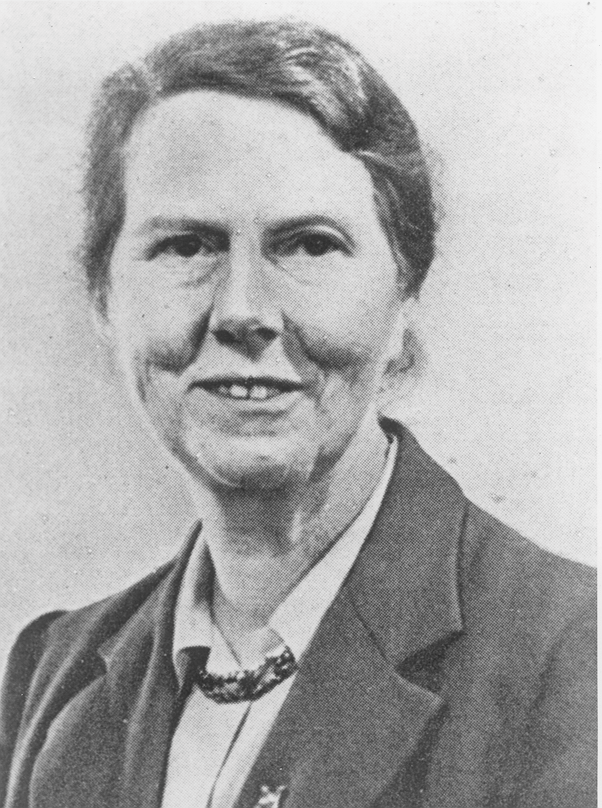Marjory Warren opened the eyes of a reluctant, disinterested medical profession to the dramatic effects of new style geriatric medicine applied to so called ‘chronic sick’ patients, who had previously been neglected and condemned to a bed ridden life for the rest of their days. Her determination to reverse the situation, treat, remobilise and discharge patients from hospital correspondingly resulted in a substantial reduction in her bed requirements. To improve the inpatients’ quality of life she organised major improvements to the dreary, uninspiring ward accommodation. Her successes ignited considerable interest in the Ministry of Health, which had to solve the conundrum of some 70,000 NHS beds occupied by ‘chronic sick’ patients.
She started her seminal work in 1935 when she was asked to assess 874 residents in old workhouse premises at the West Middlesex hospital site. Her enthusiasm and drive electrified staff and patients. Progressively she came to lead an inspired team of doctors, nurses, physiotherapists, occupational therapists and social workers, who carried her message to other units across the country. She described the situation in these Public Assistance Institutions in graphic detail and what she did to improve them in the BMJ (1943), Lancet (1946) and subsequent papers. Her general philosophy was to prevent disease where possible, reduce disability to a minimum and maximize independence especially by teaching the patient to do as much as possible for him/herself.
She was not without her critics. Her methods and autocratic manner brought conflict with certain doctors and managers, for whom enlightened care of older people was of no interest and a waste of time and effort. Confrontations occurred with colleagues, particularly those who had previously dumped their ‘untreatable’ patients in her wards without consultation. A contemporary geriatrician, Lionel Cosin, thought she was rigid and authoritarian, and learnt little from her.
Perhaps surprisingly, she was somewhat reluctant to support the idea of creating the Medical Society for the Care of the Elderly. This was left to Dr Trevor Howell and Dr Edwin Sturdee of the Ministry of Health.
Her accomplishments brought her great approbation from national and international audiences and membership of numerous influential committees. Her unit became much visited. She was appointed secretary of the International Association of Gerontology and planned its 3rd international meeting held in London in 1954. In 1959 she was awarded a CBE. Her untimely death followed a road traffic accident, while she was driving to Metz for a conference.
